Feminism in India: The Role of Women & How they Smashed Stereotypes?
5 minuteRead

Feminism is a buzzword that’s been around for quite some time now. From newsroom debates to social media wars to casual conversations, we often hear the word in different contexts. It’s also misheard and misconstrued. Needless to say, it’s a controversial subject. However, stop and think, why is there so much stigma attached to this one word? Is it a war against men? Do women want to be placed above men in society?
The answer is NO. Feminism is a simple notion that all humans are equal irrespective of their gender. When feminists voice their opinions on social media, it doesn’t mean they want to demean men or make them appear inferior. The idea is simply grounded in the belief of equality for all, regardless of gender identity. Since the word has “feminine” in it, a lot of people misunderstand it as a woman’s movement. However, it’s a “movement for all humans”. It’s not about things like “women power” or “women are superior to men”. It’s simply understanding that both men and women need to be treated at the same level politically, culturally and socially. The idea is to get rid of notions like patriarchy, masculine toxicity, dominance and subordination.
When the world starts accepting women for who they really are and gives them the respect they deserve, that’s when feminism will witness its real win.
Why does India need Feminism?
Gender equality is something that is garnering the utmost attention on social media. There are several feminists voicing their opinion with regard to human rights, political ideologies and discrimination. The ushering of the #MeToo movement a few years ago also had a lot of women speak up around the atrocities they’ve faced personally and professionally. Despite so much conversation about feminism, we are still in dire need to end certain concepts and notions.
Here are few reasons why feminism is vital in a country like India:
1. To end stereotypes around gender roles
Whether we’d like to believe it or not, there are still so many stereotypes associated with gender roles. We often hear that professions like military and engineering are only for men while homemaking and fashion designing are more female-centric. It’s high time these stereotypes are done away with.
Bollywood actor, Dia Mirza’s recent wedding is an eminent example of the same. Her wedding encouraged equality and broke stereotypes like none other. At a conventional wedding, we’ve always seen male priests solemnise the ceremony. However, there are several priestesses around the country who are challenging this age-old patriarchal norm.
When Dia got her marriage officiated by a female priest, social media was abuzz. Besides smashing stereotypes, she also shunned concepts such as “kanyadaan” and “bidaai”. She indeed became a trendsetter overnight.
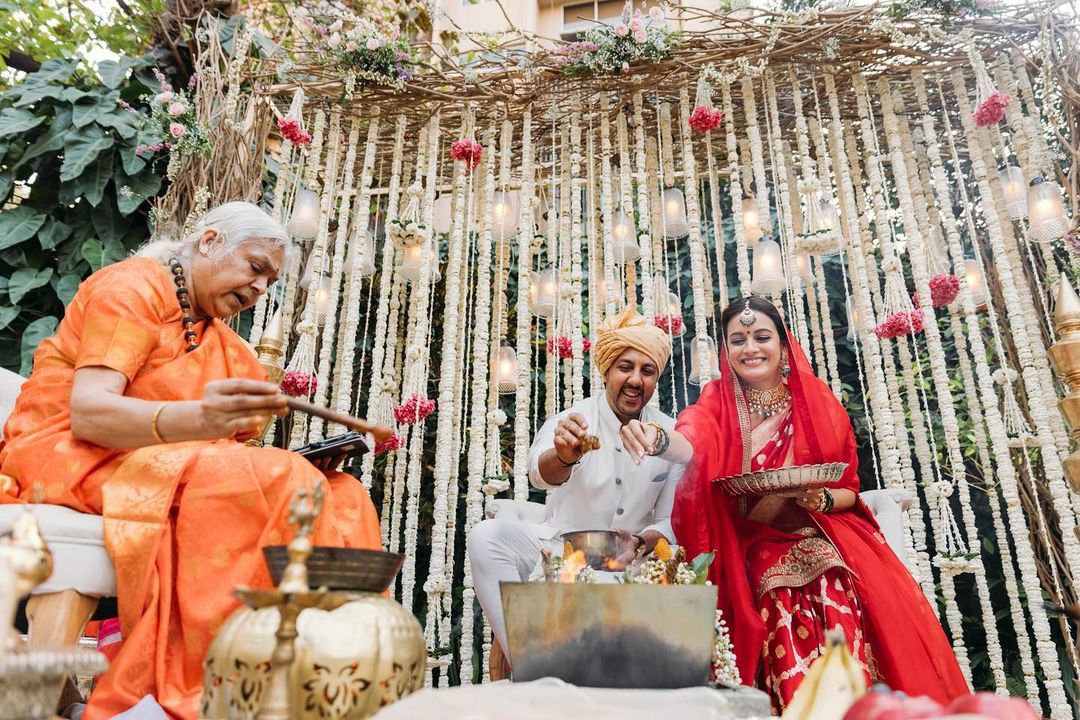
2. To get rid of menstruation taboos
India needs feminism because there are still so many parts of the country where menstruation is considered taboo. Menstruating women are looked upon as untouchables. They aren’t allowed to enter the kitchen, worship Gods and are asked to sleep separately on the floor.
India is suffering from something called “period poverty”. There is a lack of awareness, the immense stigma attached to menstruating and unhygienic methods of menstruation protection. Men and women both need to voice their opinion to break such taboos.
Indian Feminists & Activists who are Forerunners of Change
While the world continues to divide individuals, here are few change-makers and a rare breed of persevering people who have defied stereotypes to let their voice be heard:
Kamla Bhasin
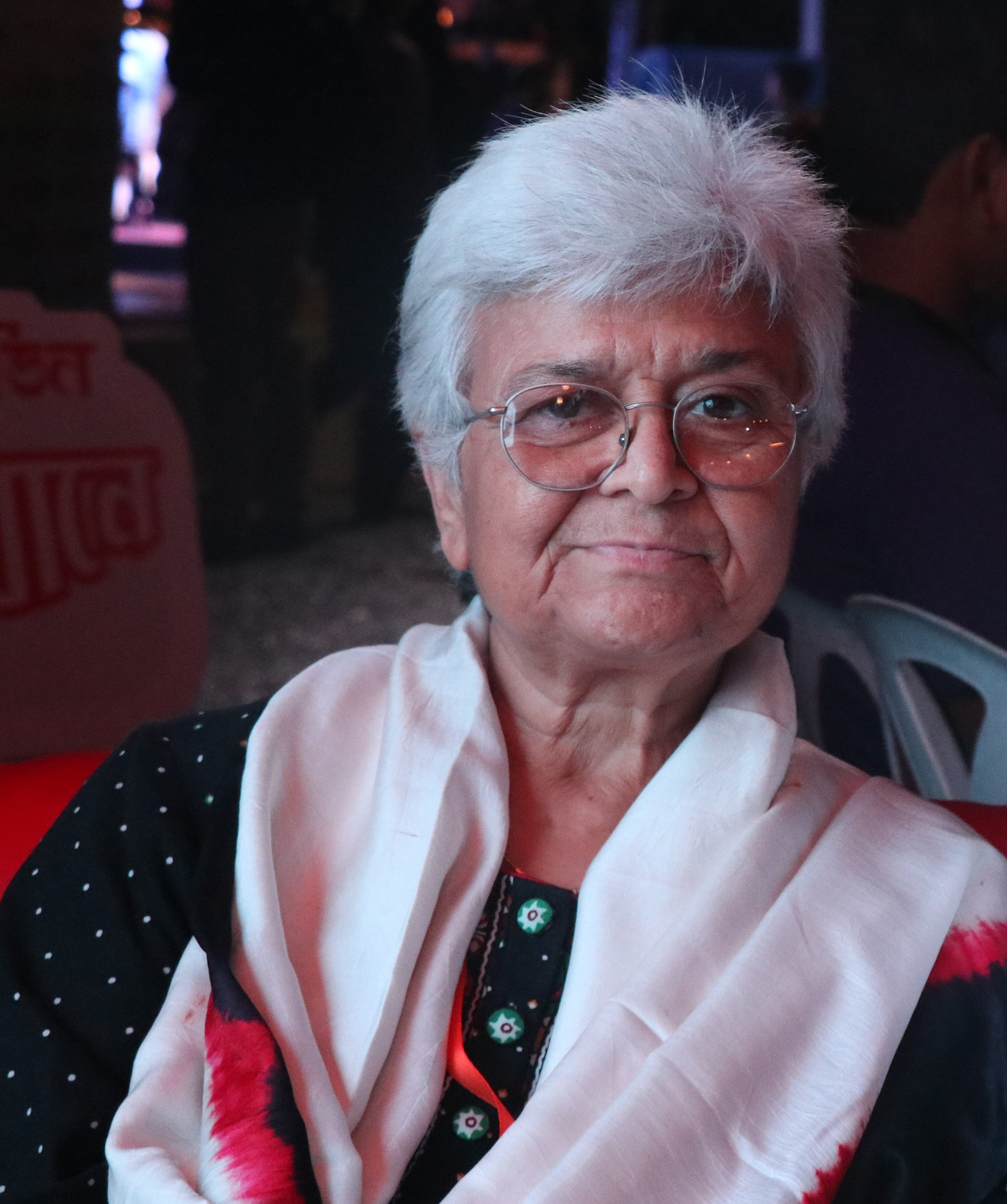
Source: https://images.app.goo.gl/U6oPHi92RoYkdhSm6
Kamla Bhasin is an Indian feminist who has been fighting for equal rights for over 40 years. She is also a renowned poet, author and social scientist. Her thought-provoking lectures around feminism, gender equality, poverty alleviation and education have empowered many women at the national as well as international level.
She has her own NGO named SANGAT. It is a South Asian Feminist Network. Besides being actively involved in NGO-related activities, Bhasin also works with underprivileged women in order to uplift them socially and economically.
As an author of repute, Kamla has written extensively on patriarchy and gender. She has also addressed several myths that exist around feminism.
According to her, feminism is not an urban phenomenon. It is not a change only upper-class women can bring out. History is testimony to the fact that most women movements were initiated by rural women. In one of her interviews, she even cited the “Chipko Movement” wherein hordes of rural women made the event a huge success. She even added that it was an outcome of hard work put in by women from the villages.
Bhasin continues to work towards a feminist movement that transcends borders, class, and other social and political divisions.
Maya Vishwakarma
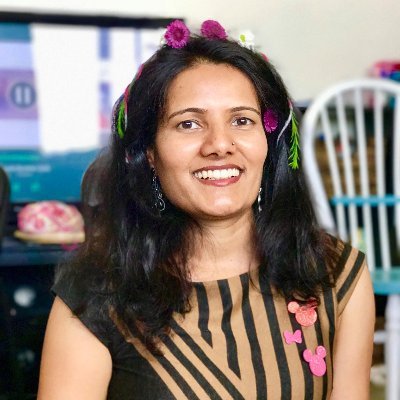
Source: https://images.app.goo.gl/ZsiJX6SkLBvKzmAG7
We’ve already spoken about the taboo and stigma around menstruation in India. The Bollywood film, Padman, was indeed an eye-opener for many men and women around the globe. While it was a true story, let’s have a look at Maya Vishwakarma, popularly referred to as the “pad-woman of India”.
She is someone who did not have access to sanitary napkins until she was 26. Owing to this, she faced many repercussions in her life and therefore decided to chalk out a remedy for the situation.
Despite facing many financial hurdles, she continued her education, became a researcher at AIIMS, Delhi, and went to the States to become a cancer researcher in Leukaemia.
At the age of 36, she quit her job and founded the Sukarma Foundation. The organisation aims at creating awareness around menstruation, busting the stigma around it and promoting the use of clean sanitary napkins.
In addition to this, it is also involved in manufacturing affordable sanitary napkins which are given to women in rural and remote parts of the country.
Today, Maya continues to work towards bettering the lives of women and girls around the country.
Kavita Devi
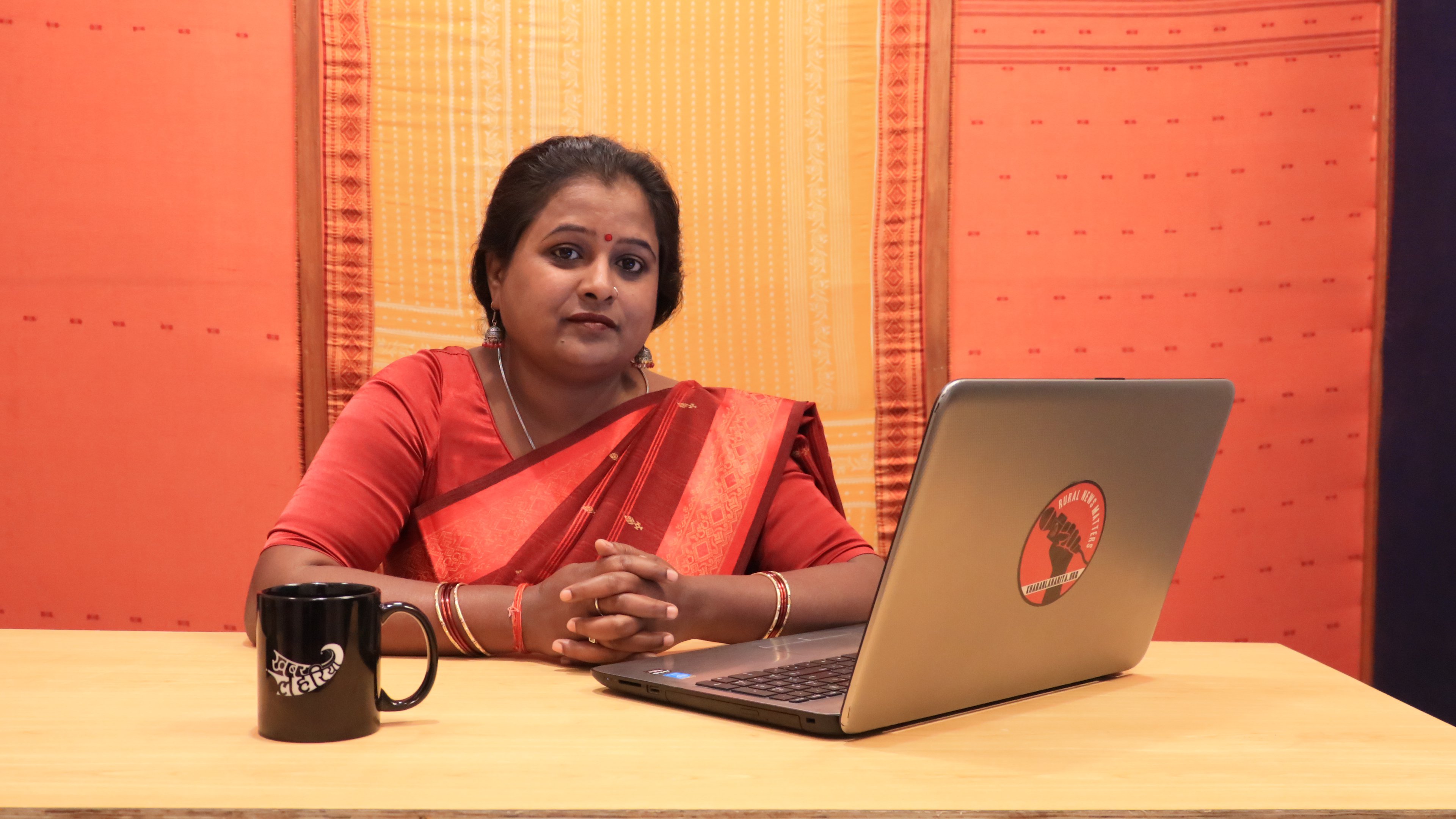
Source: https://blog.google/outreach-initiatives/google-news-initiative/newsmakers-reporting-rural-india-kavita-devi/
Kavita Devi is the Editor-in-Chief of Khabar Lahariya, a rural news platform. Being an independent woman throughout her life, she has faced many hardships. She even cited in one of her interviews that she never had a normal childhood and was deprived of education. It was only post-marriage that she started studying. During this time, she was exposed to several concepts such as bigotry, feminism and discrimination.
Since Kavita herself battled several issues such as class and caste throughout her life, she decided to do something for rural, Dalit women. That’s when Khabar Lahariya started. It is an Indian newspaper that is written in rural dialects, including Bundeli, Bajjika and Avadhi.
Unlike any mainstream newspaper, the tabloid employs women from the marginalised section of society mainly Dalits, Adivasis and Muslims. Kavita wants their voices to be heard and believes they are the future of Indian news media.
She has also given a TED Talk on redefining rural news reporting in India and how she made the voice of several Indian women to be heard.
Manasi Pradhan
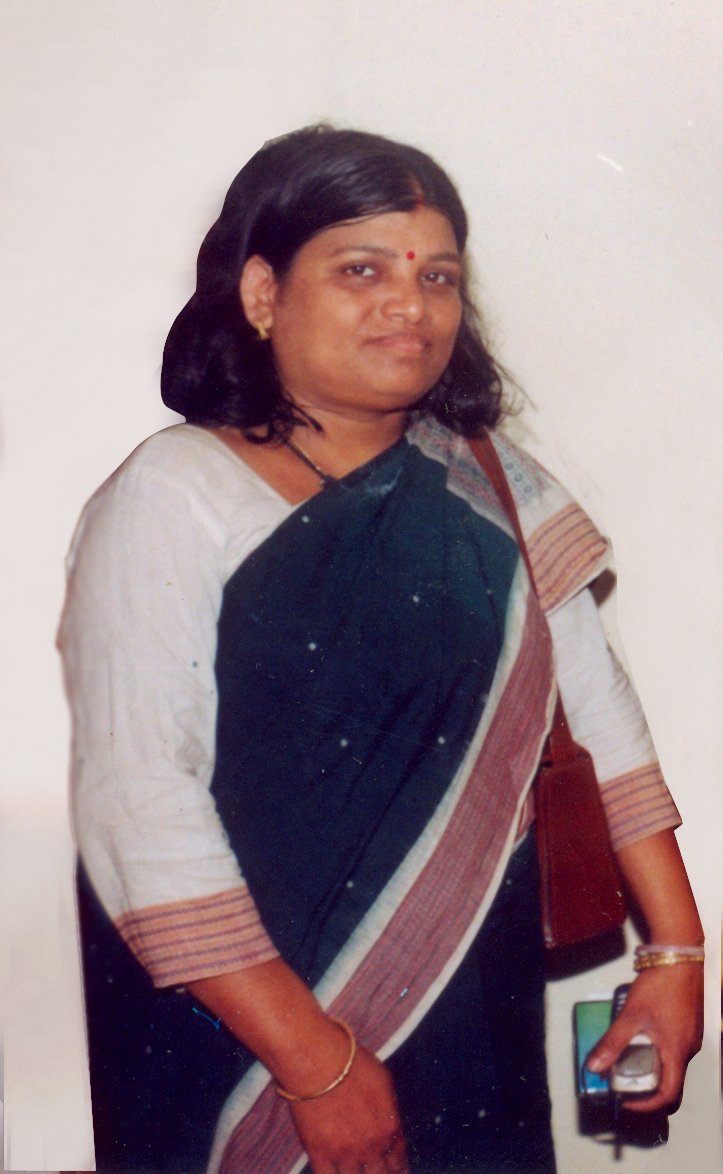
Source:https://images.app.goo.gl/f7jKwF4SPSCmyQLT8
Manasi Pradhan is an Indian women’s rights activist. Being a victim of a traumatised childhood, patriarchy and poverty, Manasi decided to start a campaign named “Honour for Women”. It aims at ending the violence against women. As a pioneer of a global feminist movement, Manasi’s work is recognised both nationally and internationally. She has played an active role in raising awareness against the abuse women face.
In the year 1987, she founded OYSS, an organisation that aims at empowering women in India, helps a girl child receive quality education and trains them to become leaders of change for tomorrow. Besides this, the organisation also trains women in areas such as self-defence and leadership.
For her inspiring work in diverse fields, she was honoured with the prestigious Rani Lakhsmibai Stree Shakti Puraskar in 2014, and the ‘Women of Wonder’ award in 2018 by the Governor of Madhya Pradesh.
Kudos to these boss women whose work and voices have defied stereotypes smashed patriarchy and become forerunners of change.
Write, Record and Answer! Consume Unlimited Content! All you need to do is sign in and its absolutely free!
Continue with one click!!By signing up, you agree to our Terms and Conditions and Privacy Policy.










